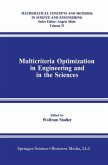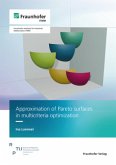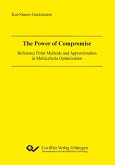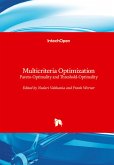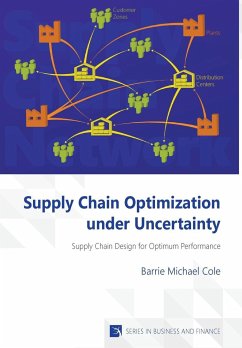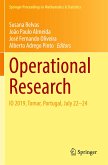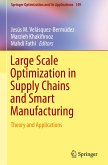Designing an office building's heating and cooling supply is a challenging task, where multiple criteria should be considered. The energy supply shall guarantee thermal comfort in the building, while it is also a significant cost factor, and at the same time a substantial source of carbon emissions. Therefore, the goal is to find a good trade-off between minimizing inconvenience, costs, and carbon emissions.
In this thesis, the task is first addressed with a multicriteria linear problem. Then, with respect to price uncertainty, the costs as an objective function are replaced by the so-called cost regret. Due to the existence of purchasing decisions ("here-and-now") and control decisions ("wait-and-see"), the problem can be interpreted as a multicriteria adjustable robust optimization (MARO) problem. In the literature, MARO problems have only been studied in very special cases. In this thesis, general solution definitions are provided, and their properties are discussed. Tosolve the arising three-level problem in a case study, column and constraint generation is applied.
In this thesis, the task is first addressed with a multicriteria linear problem. Then, with respect to price uncertainty, the costs as an objective function are replaced by the so-called cost regret. Due to the existence of purchasing decisions ("here-and-now") and control decisions ("wait-and-see"), the problem can be interpreted as a multicriteria adjustable robust optimization (MARO) problem. In the literature, MARO problems have only been studied in very special cases. In this thesis, general solution definitions are provided, and their properties are discussed. Tosolve the arising three-level problem in a case study, column and constraint generation is applied.


